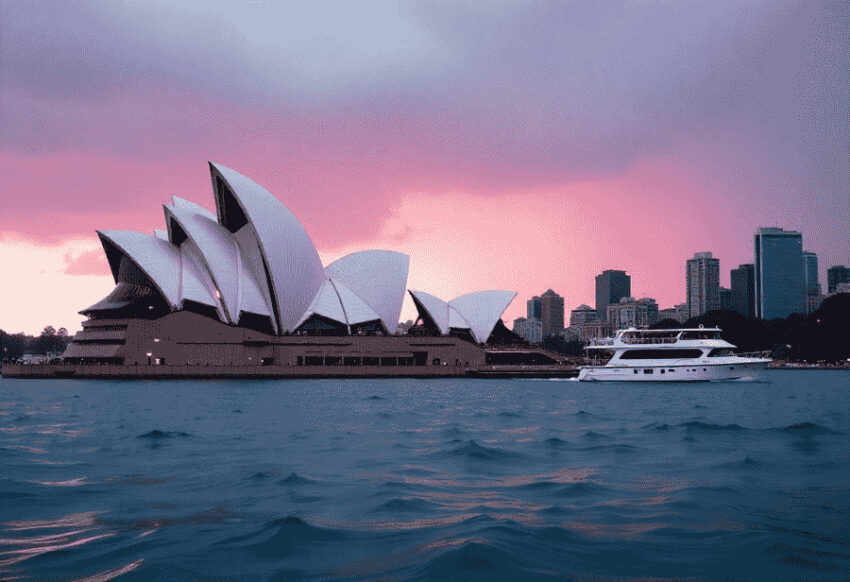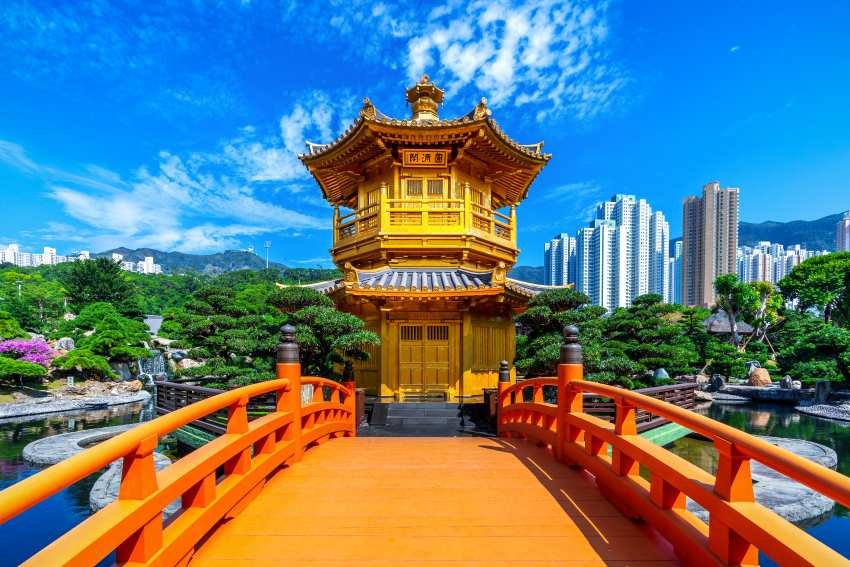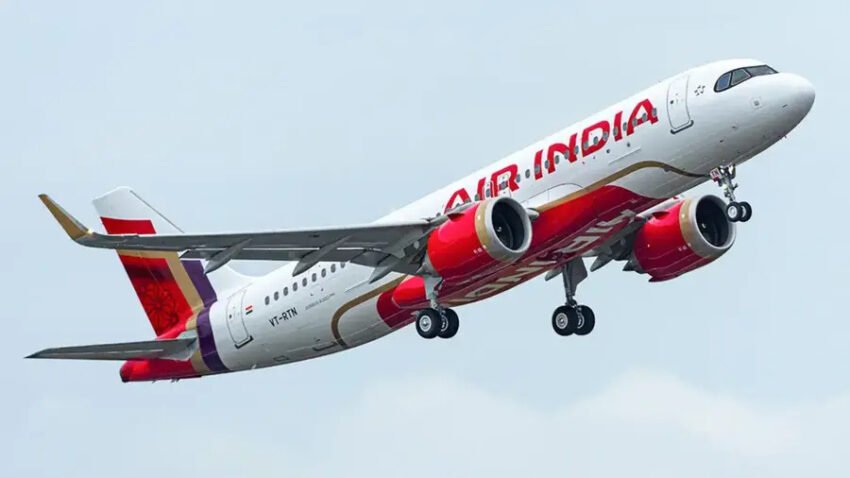Published on
August 10, 2025 |

Australia, Singapore, Malaysia, Hong Kong, China, South Korea, and Indonesia are closely watching Thailand’s recent bold reclassification of cannabis, a move set to dramatically reshape the country’s tourism landscape. As these nations enforce strict drug laws and issue travel advisories, their citizens face growing scrutiny and potential risks when visiting Thailand, impacting travel decisions and regional tourism dynamics. This policy shift not only challenges the existing cannabis tourism market but also opens new opportunities for Thailand to establish itself as a premier destination for high-quality cannabis wellness, balancing economic growth with legal compliance and social responsibility.
Thailand’s Cannabis Policy Shift: Impact on Tourism, Wellness, and Regional Travel Dynamics
Thienprasit Chaiyapatranun, president of the Thai Hotels Association (THA), recently discussed Thailand’s government-led cannabis reclassification with Thansettakij, noting that while the policy reflects national regulatory priorities, feedback from the tourism sector points to potential positive outcomes. This shift aims to balance economic growth, social responsibility, and regional travel considerations in a complex international environment.
Government Policy and Industry Perspective
The Thai government’s move to tighten cannabis regulations follows a period of relative relaxation and signals a commitment to more controlled use. According to Mr. Chaiyapatranun, the change is seen within the tourism industry as an opportunity to build a more sustainable, high-quality cannabis-related wellness market while maintaining Thailand’s overall appeal as a safe destination.
Industry experts suggest the reclassification will create a clearer legal framework, encouraging responsible tourism and reducing uncertainty for both visitors and service providers. This could enhance Thailand’s reputation among international travelers, particularly those interested in wellness tourism.
Regional Travel Restrictions and Drug Testing Protocols
A significant factor shaping the effects of Thailand’s cannabis policy is the stance taken by neighboring and key tourist-origin countries across the Asia-Pacific region. Governments in China, South Korea, Taiwan, Hong Kong, Singapore, Malaysia, Indonesia, and Australia maintain strict anti-drug laws and often discourage travel to countries where cannabis use is legal.
South Korea, for example, is known for its rigorous enforcement of drug laws, routinely conducting random urine tests on returning citizens to detect cannabis use, regardless of the legal status abroad. China and Taiwan have similar strict drug screening measures, issuing warnings to their citizens about the risks of cannabis consumption overseas.
Hong Kong’s authorities also keep a close watch on drug-related behavior, maintaining strict prohibitions that affect travel choices of its residents. Singapore and Malaysia, known for their zero-tolerance drug policies, strongly advise citizens to avoid travel to cannabis-permitted countries, often imposing harsh penalties if violations are found.
Indonesia’s tough anti-drug stance further complicates the regional landscape, discouraging its nationals from engaging in cannabis-related activities abroad. Meanwhile, Australia has stringent drug laws, and returning travelers can be subject to screening and legal consequences if found to have used cannabis during overseas trips.
These stringent policies among key Asian-Pacific markets influence visitor flows to Thailand, as potential tourists weigh the legal risks at home against their travel plans.
Cannabis Tourism: A Specialized Market Segment
Globally, cannabis tourism remains a niche sector, attracting primarily certain European visitors and a smaller subset of adventurous travelers from other regions. Thailand’s previous liberal cannabis environment drew some interest from this group, combining cannabis access with the country’s renowned hospitality and natural attractions.
However, as many tourists from China, South Korea, Taiwan, Hong Kong, Singapore, Malaysia, Indonesia, and Australia come from countries with strict drug regulations, the cannabis tourism segment from these nations remains limited. For these travelers, the legal repercussions back home often outweigh the appeal of cannabis experiences abroad.
Thailand’s policy reclassification could further narrow this segment, as stricter controls dampen the allure for those seeking unrestricted cannabis consumption. Instead, Thailand is repositioning itself to attract visitors focused on wellness, medical cannabis, and responsible use.
Positioning Thailand as a Cannabis Wellness Hub
One of the key ambitions behind the regulatory change is to establish Thailand as a premier destination for cannabis-based wellness services. This strategy aligns with the country’s existing strengths in holistic health, traditional healing, and spa tourism.
By implementing strict quality controls and safety standards, Thailand aims to build a reputable cannabis wellness sector, offering products and treatments backed by scientific research and regulatory oversight. This approach appeals to a broader tourist demographic interested in health and relaxation without the risks tied to recreational drug use.
Furthermore, the policy targets youth protection by restricting access and promoting educational initiatives to prevent cannabis misuse among younger populations, addressing public health concerns and reinforcing social responsibility.
Economic Impact on Cannabis-Related Enterprises
The reclassification poses challenges for Thailand’s extensive cannabis-related industry, which includes more than 20,000 businesses and community groups involved in cultivation, product development, and tourism services. Many of these enterprises will face pressure to comply with tighter regulations or risk closure.
Small-scale producers and dispensaries that flourished under the previous liberal framework will need to adapt quickly. Nonetheless, the new regulatory environment also opens doors for formal market growth, including opportunities for product exports and integration with Thailand’s expanding wellness tourism sector.
Government support through training, financial aid, and clear guidelines will be crucial in helping businesses transition smoothly and maintain economic vitality.
Balancing Tourism Growth with Regional Realities
Thailand’s cannabis policy adjustment highlights the challenge of balancing domestic tourism ambitions with the drug laws and travel advisories of neighboring countries. With China, South Korea, Taiwan, Hong Kong, Singapore, Malaysia, Indonesia, and Australia all maintaining strict drug enforcement, Thailand must carefully navigate these international dynamics to sustain visitor inflows.
By focusing on a regulated, wellness-centric cannabis industry, Thailand hopes to reduce legal frictions for travelers from these countries and appeal to a more diverse and health-conscious market segment.
Thailand’s decision to reclassify cannabis represents a significant strategic shift, aiming to balance regulatory control, public health, and tourism growth. THA president Thienprasit Chaiyapatranun emphasizes that while the policy reflects government priorities, industry feedback suggests it will foster long-term benefits.
Though the stricter rules may deter some European cannabis tourists and impact over 20,000 related businesses, Thailand stands to gain by positioning itself as a high-quality cannabis wellness destination. With strict safeguards and a focus on responsible use, the country aims to appeal to international visitors—including those from China, South Korea, Taiwan, Hong Kong, Singapore, Malaysia, Indonesia, and Australia—who prioritize safety and legality.
Australia, Singapore, Malaysia, Hong Kong, China, South Korea, and Indonesia are closely monitoring Thailand’s new cannabis regulations, which are reshaping regional tourism and travel safety concerns. This shift presents both challenges and opportunities for Thailand’s cannabis and wellness tourism sectors.
As Thailand moves forward, collaboration among government agencies, industry stakeholders, and local communities will be essential to manage this transition successfully and capitalize on the growing global cannabis wellness trend.








